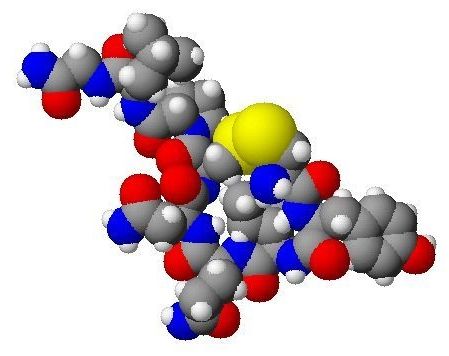Why is it so much fun to hang out with our friends? Why are some people so sociable while others are loners or seemingly outright allergic to interactions with others?
A new study by researchers at the Stanford University School of Medicine begins to provide an answer, pinpointing places and processes in the brain that promote socialization by providing pleasurable sensations when it occurs. The findings point to potential ways of helping people, such as those with autism or schizophrenia, who can be painfully averse to socializing.
The study, which will be published Sept. 29 in Science, details the role of a substance called oxytocin in fostering and maintaining sociability. The senior author is Robert Malenka, MD, PhD, professor and associate chair of psychiatry and behavioral science. The lead author is former postdoctoral scholar Lin Hung, PhD.
